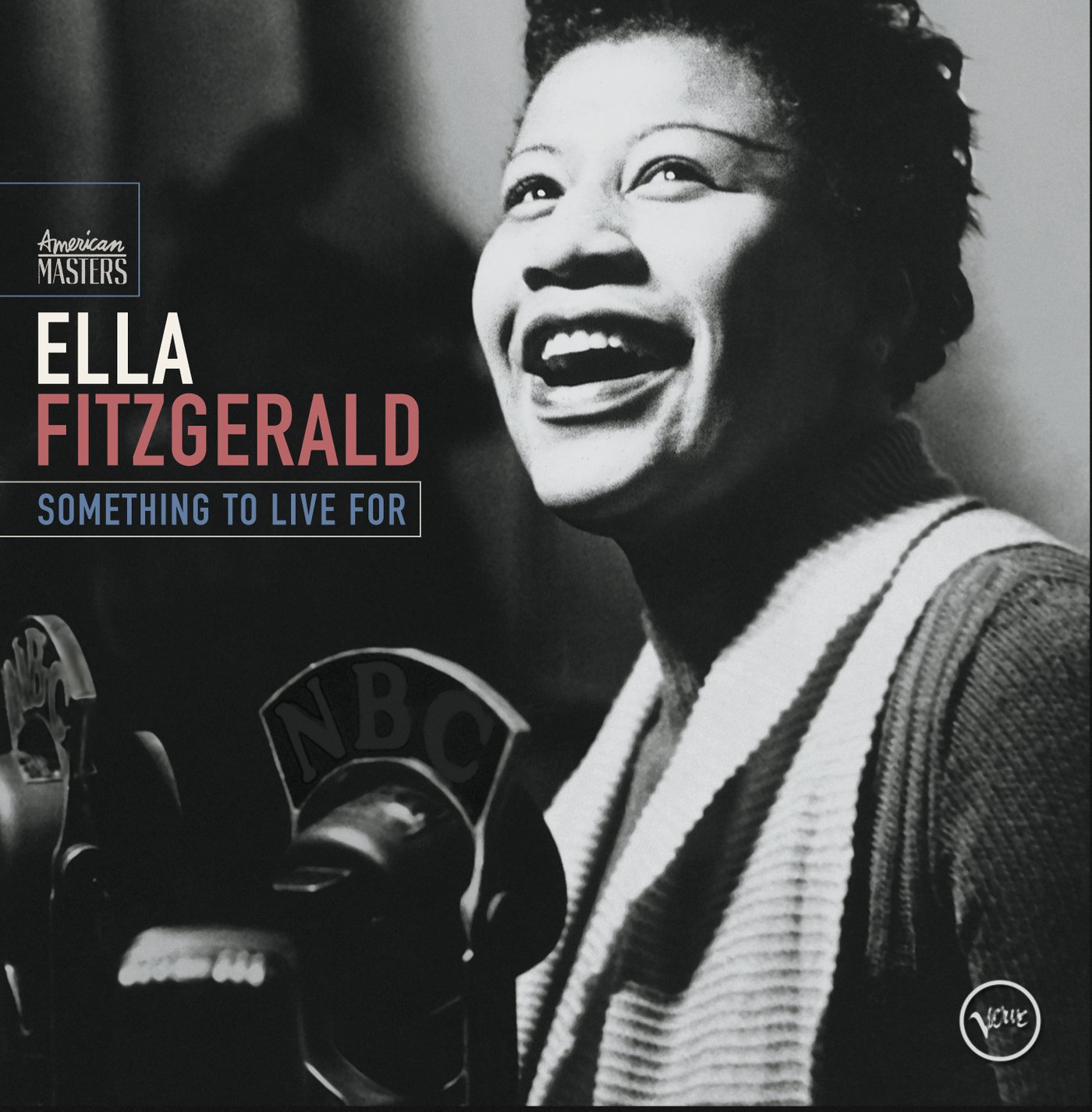As Time Goes By
Why does jazz defy the passage of time to still be contemporary and relevant?

We all live with the fact that the only constant thing in our lives ins change. At some time or other we all talk of ”˜the good old days’ as if they were set in a time when everything remained exactly as it was and when time stood still. We know it wasn’t the case. Everything kept changing even then; somehow our memory freezes that time and serves it up as nostalgia!
This business of change is so relevant to the music we hear, the books we read and the movies we see. Most people are in love with the music from their student days. ‘Retro’ applies to this period in one’s life and, naturally it is different for each one of us. I wonder why contemporary music does not have the same appeal — and by contemporary I mean the current music at any given time. Are we less receptive to the sounds around us when the stresses of life increase with career, responsibility and pressure? You’d think that music would be the ideal antidote. Instead, music gets put on the back burner.
My point, though, is about the excitement and relevance of music. I find that there is some music, particularly jazz, that seems to defy the passage of time. While generalizations are fraught with pitfalls, I’d say that jazz listeners — at least the serious ones, while having their favorite artists and period — will always explore newer sounds with enthusiasm. Jazz is a constantly creative art form and jazz musicians are always looking to find something new to add to the sound. A young musician playing the music of Monk, Miles, Mingus or Ellington is not overawed by the original classics, instead she will seek to further the scope of the composer’s work. I recently heard a hip hop rendition of the music of Charlie Parker! Jazz is surely the ‘sound of surprise’.
There is a young singer in Mumbai who is thinking of tweaking some original classics of Ella Fitzgerald, Sarah Vaughan and others. I asked her how this would happen and she said that the electronic keyboards have some exciting sounds that could garnish the originals. She felt that the acoustic piano was the only keyboard instrument available for the original recording dates and that they were “handicapped in the old days.” Wow! “Look at what they missed,” was her point. “We shall try and improve on what they produced.” Jazz makes this possible and perfectly acceptable! By its nature, jazz seems to be always contemporary, or at least relevant.
Happily, I see that with no music stores to go to and browse for ‘new’ music, with only huge playlists on our various screens, there is a blur between the ‘new’ and relatively older music — jazz or otherwise. Maybe, just maybe all music will be a part of a future music menu!
In the end of course, those who search and seek will be well rewarded. After all, people always get the music they deserve.






